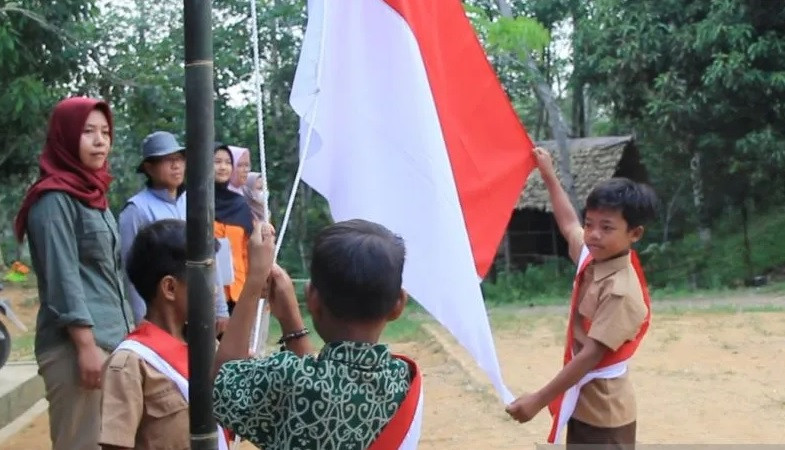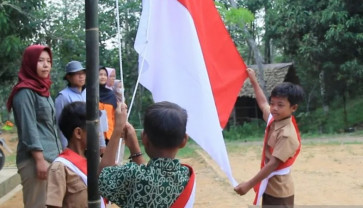Popular Reads
Top Results
Can't find what you're looking for?
View all search resultsPopular Reads
Top Results
Can't find what you're looking for?
View all search resultsExpanding the reach of inclusive education through GEDSI
The concept of inclusive schools was only understood as the action of opening access to regular schools for students with special needs.
Change text size
Gift Premium Articles
to Anyone
S
chool has resumed after the midyear break and a pressing question arises yet again: Are schools ready to open themselves to the increasing diversity of their students? This diversity poses new challenges to inclusive education in Indonesia.
Contrary to the politics of the tribal affiliations, religion, race and societal groups (SARA), in which differences are often seen as a threat to security, inclusiveness is elastic and allows all differences to coexist.
Inclusiveness is limited by the state if it cannot fulfill its obligation to provide justice and equality to all. The state must also deal with those who wish to remain exclusive because of their beliefs.
But inclusiveness can only grow when rooted in an acceptance of diversity, not as a result of coercion.
Therefore, although diversity is a reality, its recognition requires awareness and vision. Denial of diversity is facilitated by political decisions that label diversity a threat to stability. Within that conceptual framework, social segregation, rather than the accommodation of diversity, is considered a solution.
Historically, the colonized people of the Dutch East Indies lived in a segregated society. The colonial government implemented segregation by grouping people based on ethnicity, race, religion or other social affiliations in order to minimize friction and conflict. While in a culturally harmonious society, differences are not seen as a problem, the policy of segregation continued to be relied on to discourage social unrest.
Segregation also occurs in education as a legacy of the colonial policies. Education has always differentiated people based on skin color, social class, ethnicity and gender. Children from Dutch families were prioritized and given preferential treatment over Boemi Poetra (native) children. Education for the children of noble families and those of “Eastern foreigner” families (Chinese and Arab) was privileged. Furthermore, even native boys had greater rights to pursue education than girls from the nobility. Affluent and noble females, until the era of Kartini in the early 20th century, had to accept the traditional custom of confinement and lack of education.



















